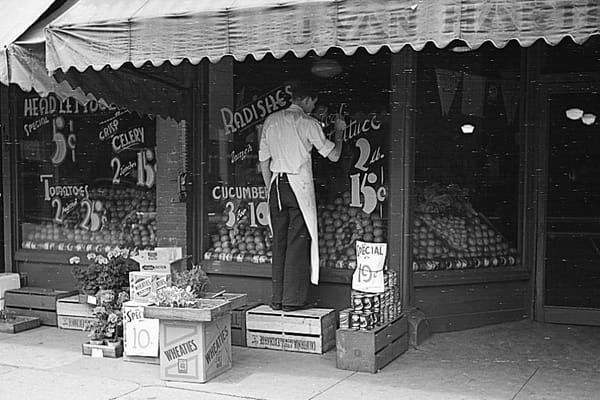What Planners Believe vs. What Planners Do

Why talk about what urban planners believe instead of what they actually do? Because more often than not, those two things do not align.
Most planners in the United States work within one of the country’s 89,000 local governments, each with its own set of rules, politics, and funding constraints. It is a slow-moving system shaped by history, bureaucracy, and competing interests. It is frustrating by design.
The day-to-day work of a planner is not glamorous. Many of us spend our days processing permits, reviewing site plans, and explaining the same zoning code sections to developers and residents for the hundredth time. We sit in endless meetings where projects are revised, debated, and sometimes buried in paperwork. We write staff reports that no one reads and present recommendations that decision-makers often ignore. We show up to night meetings where we listen to people yell at us about traffic, housing, or change in general. Those meetings can stretch for hours, and we are often not getting paid for the extra time.
Long-range planners work on ordinances that get revised, rewritten, and watered down by elected officials before they ever see the light of day. We spend months or years working on zoning reforms that may never pass. When they do, they often bear little resemblance to the bold visions we first proposed. The process is exhausting, but we do it because we care.
Meanwhile, the biggest frustrations we face have nothing to do with planning itself. The projects people care about—sidewalks, bike lanes, transit, parks, affordable housing—depend on funding sources that are limited, outdated, or politically unpalatable. No planner can force a city to fund infrastructure if elected officials refuse to make it a priority. No amount of expertise can compete with well-funded special interests.
And yet, when something goes wrong in the built environment, planners take the blame.
We do not set parking minimums because we love asphalt. We do not block housing because we enjoy watching rents skyrocket. We do not resist density because we think sprawl is great. We work within systems we did not create, shaped by policies and decisions that were often made decades before we ever took the job.
Still, most planners entered this profession because they wanted to make communities better. We go through the world analyzing streets and buildings, constantly seeing what could be improved. It is an exhausting way to live. We are never satisfied. It is a curse.
We show up to meetings knowing we will be yelled at for things beyond our control. We push for changes we know will help, only to see them watered down or dismissed. We make less money than we probably should, but we stay because the work matters.
Even with all the obstacles, we still believe.
We believe traffic congestion is not just about too few roads but about decades of poor land use and underinvestment in transit.
We believe every neighborhood should have sidewalks, bike lanes, and safe places for people to gather.
We believe land use and transportation decisions should be equitable and not disproportionately harm low-income or marginalized communities.
We believe natural resources should be protected, that parks and public spaces should be plentiful, and that cities should be places of opportunity.
We believe that housing should be attainable for everyone, not just those who can afford the highest price.
Planners make mistakes. Sometimes big ones. But the next time you see something frustrating about your community, or read an article blaming planners for some urban failure, ask yourself whether a planner had any real power in that decision. If you are unsure, ask. Most planners are happy to answer, especially if you approach with curiosity rather than hostility.
Better yet, get involved. Attend a city council or planning commission meeting. The voices that show up often belong to a small, privileged few, but your voice matters too. If you cannot attend in person, most communities now offer remote participation. Write your elected officials. Read your state and local measures. Vote. Join a committee if you have the capacity.
Planners can believe in a better future, but a community’s built environment ultimately reflects what its people fight for.




